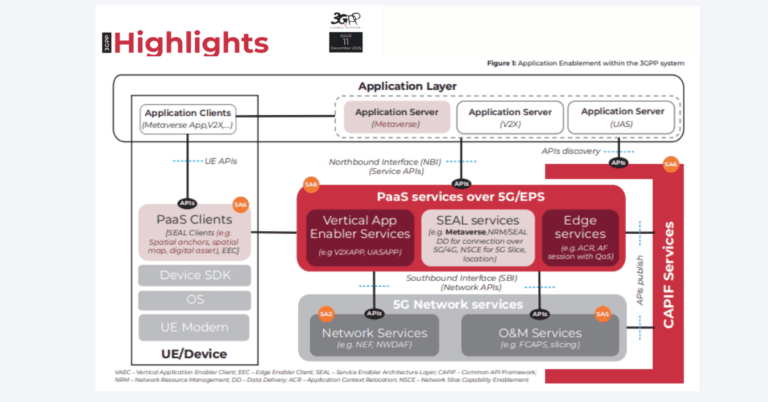RADTONICS and Boliden: Pioneering Private 5G Networks in Industry
The adoption of private 5G networks is reshaping how industrial sectors leverage technology to enhance their operational capabilities. The recent partnerships of Boliden and Fiskarheden with Radtonics to deploy bespoke 5G solutions exemplify this shift towards more efficient, reliable, and sustainable industrial processes.
Operational Challenges in Mining and Forestry with Private 5G
Boliden and Fiskarheden, leading entities in mining and forestry respectively, faced significant challenges with their existing communications infrastructures, which were proving inadequate for modern industrial demands. Boliden required a robust solution for supporting autonomous transport within its Garpenberg mine, one of the most technologically advanced mines globally. Meanwhile, Fiskarheden needed to upgrade from an outdated WIFI system to boost productivity and digitalization at its sawmill, aiming to become one of Europe’s most digitalized sawmills.
RADTONICS’s Custom 5G Solutions for Boliden and Forestry Operations
The solution for both companies came in the form of a collaboration with Radtonics, a pioneer in the 5G industrial market. For Boliden, Radtonics tailored a private 5G network specifically designed to support the high demands of autonomous mining operations. Fiskarheden’s solution involved constructing a private 5G network to replace its existing infrastructure, facilitating advanced digital applications and improving overall operational safety and efficiency.
Proven Results from Radtonics’ 5G Deployments
The choice of Radtonics by Boliden and Fiskarheden was backed by the provider’s proven expertise and innovative approach in the field of industrial 5G networks. Radtonics’ technology has been successfully implemented in various industries, demonstrating scalability, security, and performance that meets the rigorous requirements of industrial operations.
Strategic Technology Decisions in Industrial 5G Adoption
The decision to utilize 5G technology was pivotal. Radtonics partnered with Airspan Networks to enhance the network solutions, leveraging Airspan’s extensive experience in developing LTE/5G RAN hardware and software. This collaboration ensures that the networks are not only robust but also equipped with the latest technological advancements to support industrial needs.
Operational Advantages of Private 5G Networks in Mining and Forestry
The deployment of Radtonics’ private 5G networks has brought numerous benefits to Boliden and Fiskarheden. For Boliden, the network supports critical real-time data transmission for autonomous vehicles, enhancing operational efficiency and safety. Fiskarheden’s network supports real-time monitoring and control of industrial processes, enabling the sawmill to optimize operations and reduce downtime.
Digital Transformation in Mining and Forestry through 5G
These implementations are exemplary for the mining and forestry sectors, illustrating the potential of digital transformation through 5G technology. They serve as benchmarks for other companies considering similar technological upgrades to address operational challenges and improve competitiveness.
Leadership in Technology Adoption by Boliden and Fiskarheden
Boliden and Fiskarheden have shown leadership in their sectors by integrating cutting-edge technology into their core operations. This forward-thinking approach not only enhances their business performance but also aligns with broader industry trends towards sustainability and digitalization.
Radtonics as a Strategic Partner in Digital Transformation
Radtonics’ role extends beyond that of a technology provider. As a strategic partner, Radtonics facilitates the digital transformation journeys of its clients by providing customized network solutions that are secure, scalable, and aligned with each company’s specific operational needs.
Progress and Future Plans of 5G Implementation
The projects at Boliden and Fiskarheden are currently in full swing, with phased implementations designed to integrate seamlessly with existing operations and allow for future expansions as technological and operational needs evolve.
The success of these projects has been acknowledged by industry experts, reinforcing Radtonics’ reputation as a leader in the field of industrial 5G solutions. The positive feedback from stakeholders underlines the strategic importance and transformative impact of these network deployments.
In summary, the strategic investments by Boliden and Fiskarheden in private 5G networks underscore a significant shift in industrial operations towards more agile, efficient, and sustainable practices. These case studies demonstrate the transformative power of tailored 5G solutions in addressing specific industrial challenges and setting new standards for operational excellence.







































